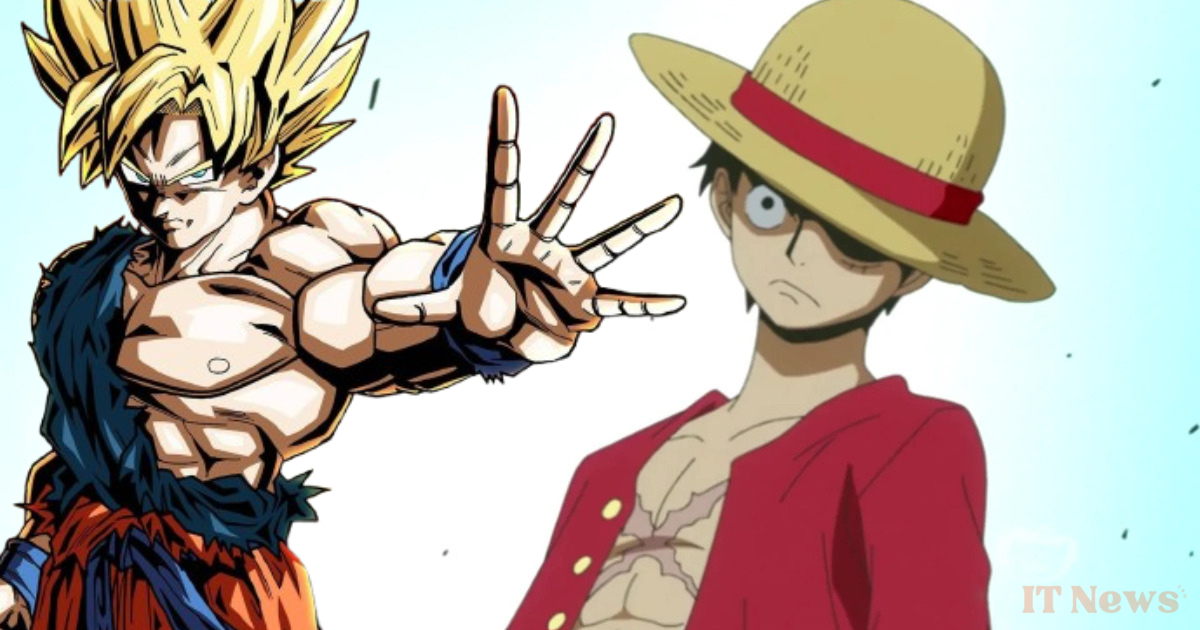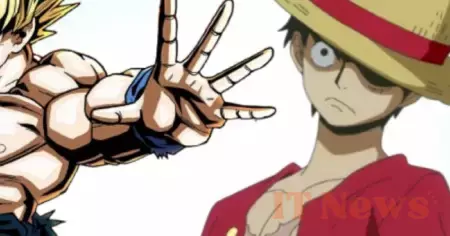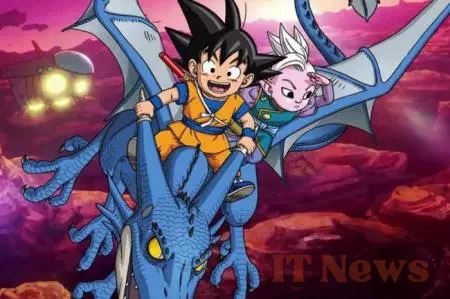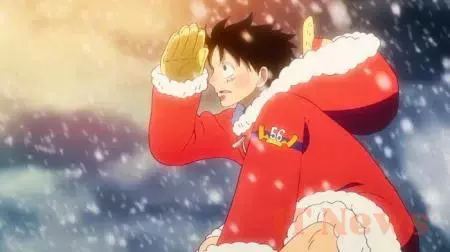Toei Animation, the Japanese animation giant behind such cult series as Dragon Ball and One Piece, has made a decision that is likely to upset both fans and professionals. We tell you everything!
A decision that will change the landscape of Japanese animation
Not content with having produced the first color animated film in the history of Japanese cinema, with The White Snake (1958), Toei Animation has become one of the main players in the industry by producing some of the most important animated series of the last fifty years, including Dragon Ball, One Piece, Dr. Slump, Goldorak, Albator, Galaxy Express 999, Saint Seiya, Ken the Survivor, Sailor Moon. Despite the studio's historical importance, Toei Animation is often at the heart of much criticism from fans. Among the most recurrent criticisms made of the Japanese company, we obviously find its way of temporizing the fights by lengthening the dialogues between the different belligerents.
Moreover, even if Toei Animation has made notable efforts, notably on the last two narrative arcs of One Piece and on Dragon Ball DAIMA, to meet the current criteria in terms of animation quality, the illustrious Japanese company has seemed to lag behind the rest of the competition. The emergence of rivals like Wit and MAPPA has almost made the Toei style obsolete, to the point that the Japanese studio has been forced to get with the times. A decision that naturally led to larger, but necessary, production cuts. However, Toei Animation seems to have found a solution to avoid having to face the financial consequences of the new standards of Japanese animation so brutally!
Indeed, Toei Animation announced in its financial report for fiscal year 2024 its intention to significantly expand its use of Artificial Intelligence starting in 2026, in order to be able to respond to the growing pressures of the industry. AI will thus be integrated into various stages of the development of Toei Animation's animated series: the creation of storyboards, coloring, automatic correction of intermediate frames, and the generation of backgrounds from photographs. This is an important decision, motivated by the desire to limit both costs and production times.
Obviously, this choice made by Toei Animation risks encountering the discontent of professionals in the sector and the public. Indeed, in addition to directly threatening professions in the animation industry, artificial intelligence could harm animated series, removing their artistic soul. For the moment, Toei Animation is the only production studio that has announced this measure, but the fact that such an institution chooses to integrate AI in this way could motivate the competition to follow the same path. In doing so, we would witness a real upheaval in the Japanese animation industry.
In the coming weeks and months, it will be interesting to see the communication from the various Japanese animation studios, which could take sides for or against Artificial Intelligence. We know, for example, that the legendary Hayao Miyazaki has always expressed a very harsh judgment towards this technology; other major players in the sector could use a No-AI policy as a trademark, in order to distinguish themselves from Toei Animation.






0 Comments